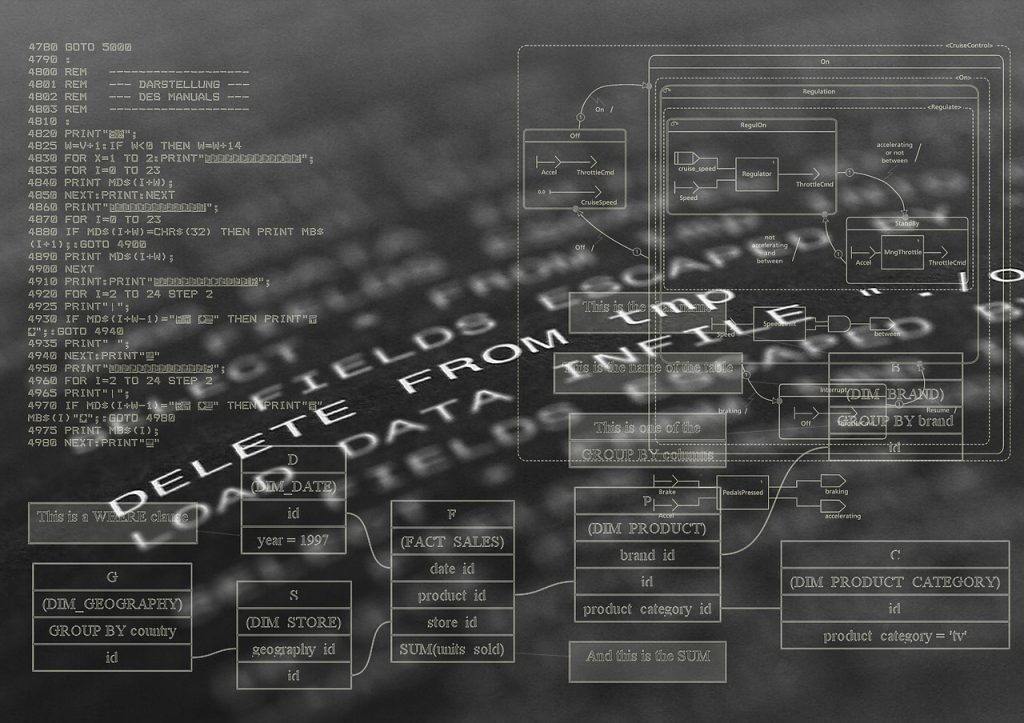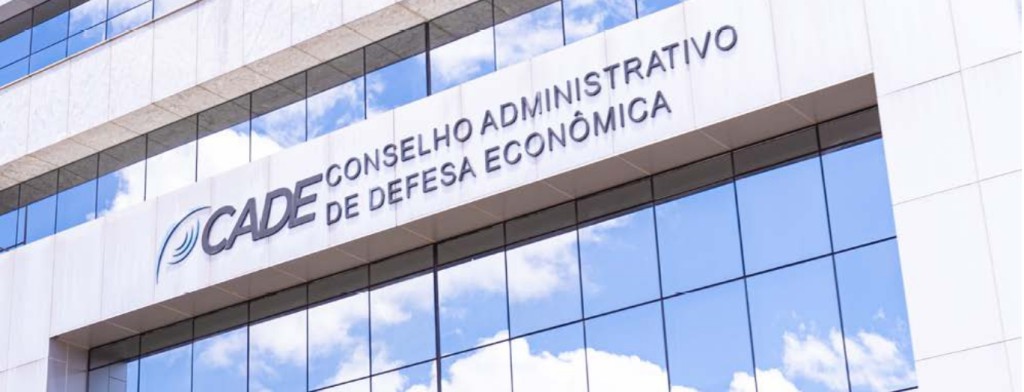
Law and Time: Reflections on the Attention Economy
*This is an AI-powered machine translation of the original text in Portuguese
In the digitized world, technology has enabled us to do more in less time. Information now travels faster, leading to a productivity boom. In the 21st century, we expect to produce more in 24 hours than in any other period in history. However, no matter how much technology advances and human productivity increases, the day will still have the same 24 hours.
Throughout the day, various factors make it difficult to achieve our goals: tasks take longer than expected, distractions divert our attention, or we simply set too many goals for the available time. If we can produce more in less time, it is also true that "wasted" time becomes a bigger problem. Therefore, how we allocate our time is becoming increasingly relevant.
Currently, the quantity and strength of distractions in the form of stimuli have never been greater. This makes it increasingly urgent and necessary to consider legal mechanisms to protect each individual's time.
Time as a protected legal right
The Federal Constitution of 1988, in its article 5, guarantees everyone the fundamental right to life. From this right to life arises a range of rights, such as the right to health, security, and physical integrity. In addition to these "classic" rights, the right to life certainly also encompasses a right to the protection of time. After all, life is nothing more than the sum of the time available to live, with time being a measure that comprises it.
Furthermore, time has been protected as a legal right long before modern notions of production emerged, having been the subject of various disputes, perhaps the most notorious of which is in the field of labor. The conflict between the worker's time and the employer's interest in productivity has led to the establishment of legal protections for time in labor law (limitation of working hours, breaks, vacations, etc.). Recently, Belgium, Iceland, and Scotland have passed measures to reduce weekly working hours in response to the productivity boom enabled by new technologies, benefiting quality of life [1].
However, the dynamics of the 21st century undoubtedly call for a fresh perspective on time in law because the so-called Attention Economy provokes a new view of this legal right.
Attention Economy
The finite nature of time makes it valuable not only to us as individuals but also to companies. Tim Wu's concept of the "Attention Economy" [2] precisely captures the economic significance of time and how our attention can be monetized. In different sectors, companies compete for the attention of their consumers. Particularly in ad-based business models, the time each individual spends paying attention to advertisements directly affects the financial return of the companies.
Social media is an example of the "Attention Economy." The time a user spends on the platform translates into more interactions, which implies greater knowledge of their consumption profile and a greater impact of targeted ads. This impact, in turn, generates financial returns for the platform. The dynamic nature of this model, tailored individually to each user, is executed through artificial intelligence algorithms fueled by Big Data that adapt to the tastes and preferences of each individual. Thus, the social network can progressively deliver more precise ads and recommendations, supposedly more interesting content for the user.
This user profiling aims to maximize their interaction with the platform, as evidenced by the feed architecture adopted by most digital platforms. In a recent initiative aimed at ensuring greater user attention, the startup MoviePass began using cell phone cameras to verify if viewers were watching the ads, pausing them in case of "inattention." This proposal resembles the dystopia portrayed in "15 Million Merits," where diverting one's eyes from an advertisement results in highly annoying sound blasts.
New tools to protect time
In light of this scenario, some theories and initiatives have emerged in consumer law with the aim of protecting time against abusive or improper practices by suppliers. Marcos Dessaune is the author of one of the most prominent theories, that of "productive diversion," according to which a consumer's time is a valuable asset used for various activities. Therefore, any diversion of this productive asset by companies supplying products and services would be illegal and, therefore, compensable.
While in the past, most legal doctrine viewed "damage" to time as a "mere annoyance" to the consumer (without constituting moral harm), today the theory of productive diversion is recognized in various decisions [3]. The Superior Court of Justice (STJ) itself has recognized the harm caused by time unnecessarily lost due to the replacement of defective products (REsp 1,634,851), excessively slow service in bank branches (REsp 1,737,412), and excessively long waits at ATMs (REsp 1,929,288). The trend appears to classify this type of harm as a form of non-material damage.
At the end of 2022, Senate Bill No. 2,856 was presented in the Senate, aimed at amending the Consumer Protection Code to "address time as a legal right, improve full compensation for damages, and prevent consumer productive diversion." The initiative will be debated in congressional committees and houses, where we expect it to undergo refinements, especially regarding a more concrete definition of the instances of productive diversion.
In this regard, another issue familiar to Brazilians involves automatic or robot-initiated phone calls. This is because, to maximize the number of answered calls, telemarketing companies use automatic devices that call dozens of phones simultaneously. The first person to answer is directed to a human seller, while the others have the call terminated. As a result, many Brazilians complain of receiving excessive calls, with many of them not even being completed.
Anatel has made efforts against abusive calls, mainly through the issuance of two successive precautionary measures, Dispatch Decision No. 160/2022/Coge/SCO, in June 2022, and Dispatch Decision No. 250/2022/Coge/SCO, in October 2022, aimed at reducing the daily volume of calls made by automated means, imposing a maximum daily limit and a fine of up to 50 million reais for non-compliance. According to the agency, these measures resulted in a 40% reduction in robot-initiated calls [4]. Nevertheless, in January, these calls still represented more than 50% of all calls in the country [5].
Conclusion
These initiatives demonstrate what appears to be a legislative and regulatory trend to seek means of protecting consumers' time.
Beyond being just another way to obtain compensation, the protection of time is necessary within the new paradigm of the Attention Economy. Therefore, these initiatives should explore potentially harmful practices to consumers' time, such as persistent email and notification spam, as well as unduly lengthy procedures for contacting a particular company, in order to discourage consumers from enjoying their own rights.
Thus, protective efforts should also address the numerous means that the Attention Economy has developed to attract, retain, and control the attention (and time) of consumer-users, ultimately protecting each individual's autonomy to decide how they want to spend the 24 hours they have each day.
[1] https://www.istoedinheiro.com.br/onde-o-sonho-da-semana-de-4-dias-de-trabalho-ja-e-realidade/.
[2] Ver: WU, Tim. Attention brokers. Disponível em: https://www.law.nyu.edu/sites/default/files/upload_documents/Tim%20Wu%20-%20Attention%20Brokers.pdf; e WU, Tim. Blind Spot: The Attention Economy and the Law, 82 ANTITRUST L. J. 771 (2019). Disponível em: https://scholarship.law.columbia.edu/faculty_scholarship/2029
[3] DESSAUNE, Marcos. A ampliação do conceito de dano moral e a superação da tese do 'mero aborrecimento'. Consultor Jurídico: 10 de novembro de 2021. Disponível em: https://www.conjur.com.br/2021-nov-10/garantias-consumo-ampliacao-conceito-dano-moral-superacao-tese-mero-aborrecimento.
[4] https://www.metropoles.com/brasil/ligacoes-de-telemarketing-com-robos-tiveram-reducao-de-40-diz-anatel
[5] https://tecnoblog.net/noticias/2023/02/01/mesmo-com-reducao-robocalls-ainda-representam-metade-das-ligacoes-no-brasil/
*Coauthored with Bruno Blum Fonseca. Originally published in Conjur.
**Image by vecstock



